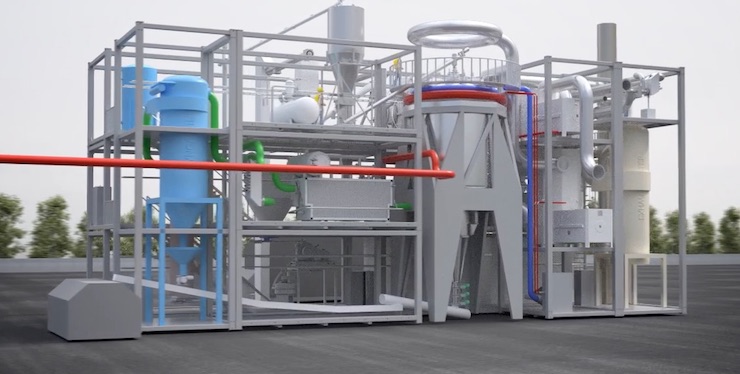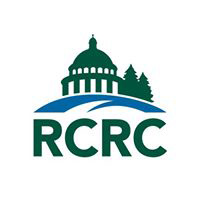
October 26, 2020 - Last Thursday, Rural County Representatives of California (RCRC) submitted comments urging the California Public Utilities Commission to reject a petition filed by the Center for  Biological Diversity and a few other environmental groups that would make it more difficult for small biomass energy facilities to participate in the state’s BioMAT program. The Bioenergy Market Adjusting Tariff (BioMAT) program requires utilities to procure electricity from small bioenergy projects, including biomass facilities that fuels from high hazard zones.
Biological Diversity and a few other environmental groups that would make it more difficult for small biomass energy facilities to participate in the state’s BioMAT program. The Bioenergy Market Adjusting Tariff (BioMAT) program requires utilities to procure electricity from small bioenergy projects, including biomass facilities that fuels from high hazard zones.
Petitioners want biomass facilities to prove net greenhouse gas emission reductions before a facility can receive subsidies under the BioMAT program, but they suggest a complex and skewed methodology that will make it difficult for facilities to make such a showing. The petition includes very misleading claims about biomass facilities, forest management, and wildfire risk, and suggests the state rely on home hardening rather than addressing high fuel loads.
RCRC’s comments dispute many of petitioners’ dangerous and grossly misleading claims and instead highlight that:
- Biomass facilities are key to improving forest health and reducing wildfire risk, as those facilities utilize material that has no other marketable use.
- Biomass facilities avoid even greater pollution that would occur when material is left to decompose naturally, be managed through open burning, or fuel future wildfires.
- There is no silver bullet to reduce wildfire risk - California must use many different tools, including fuels reduction, ecosystem restoration, and home/community hardening.
Petitioners argue that “burning trees is a not a climate solution; ” however, recent experiences have shown that failing to adequately manage our forests – and letting the trees within them burn in high-intensity wildfires - will ensure that we will never be able to achieve our climate goals.
In 2020, California’s wildfires have burned over 4 million acres and have released over 90 million metric tons of greenhouse gas emissions. That is more than all the greenhouse emissions from industrial sources in 2018, well over half of emissions from the entire transportation sector, more than double all emissions from the commercial and residential sectors, and nearly three times the emissions from agriculture.
Source: Rural County Representatives of California








